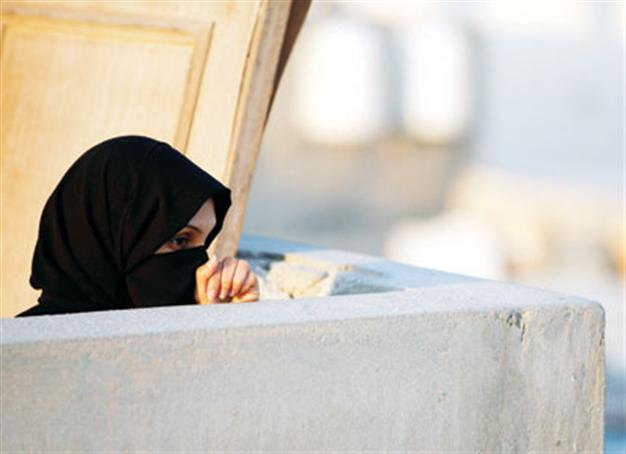
REUTERS photo
Bahrain’s ruling monarch named a panel Nov. 28 to implement the recommendations of a probe into a month of unrest earlier this year, state news agency BNA has reported.
The move to address problems stemming from the island kingdom’s uprising earlier in the year mirrors similar actions from other governments in the region that have feared the effects of unrest on their countries.
Official reports said the Bahrain’s king, Sheikh Hamad bin Isa al-Khalifa, had decided to form a panel to implement the recommendations of the probe, which found police had used “excessive force” against Shiite-led demonstrators in the Sunni-ruled kingdom, according to Agence France-Press. The inquiry found police guilty of torturing activists in their crackdown on democracy protests in February and March.
The head of the state security was also replaced by the king yesterday to cool criticism, Reuters reported. Bahraini Interior Minister Rashed bin Abdullah al-Khalifa, meanwhile, said a series of reform procedures would be adopted by the ministry. The measures will include work to “enhance police work and create a balance between the role of the police in protecting security, stability and safeguarding lives and property, against the ministry’s overriding duty to respect human rights and basic freedoms.”
The Shiite Muslim community forms the majority in Bahrain, where the ruling family and the elite are Sunni. Bahrain has seen almost daily protests in Shiite villages, but has resisted calls to open new talks on political reforms. Under pressure from one of its main allies, the United States, “to show improvements in its rights record to secure a large arms sale,” the latest move seems to be the most serious effort by Bahraini rulers to diffuse the tension in the country.
In addition, a civilian court postponed a highly anticipated ruling on the appeal of two protesters sentenced to death by a security court during the wave of anti-government protests earlier this year.
Reports indicate that the crackdown on protesters was backed by troops from Saudi Arabia and the United Arab Emirates (UAE). The UAE has not been hit by the Arab Spring that has spread across much of the rest of the Middle East, and authorities normally move aggressively against any signs of dissent that could pose a challenge to the tight political controls in country. However, in a political maneuver to avoid the appearance of any potential unrest, five UAE political activists, including a prominent blogger and an economics professor, received presidential pardons on Nov. 28 and were released after eight months in prison, just one day after they were convicted of anti-state crimes.
New media law in Algeria
Algeria, another country which has not been hit by the Arab Spring, is also attempting to avoid the widespread unrest in the region. Algeria’s president has submitted a new media law to parliament as part of a promised package of reforms in response to demonstrations earlier in the year. On April 15, Abdelaziz Bouteflika promised a raft of reforms, including more press freedom, amid pro-democracy demonstrations in Algeria and across the region. The law, which parliament began debating Nov. 28, removes criminal penalties for defamation and replaces them with fines, the Associated Press reported. The law was also originally supposed to liberalize the broadcast media, but this aspect will reportedly now be clarified in later legislation.
Elsewhere in the region, the ruler of oil-rich Kuwait on Nov. 28 accepted the resignation of the government, the seventh Cabinet to step down in five years, over a bitter dispute with parliament, official media said. The resignation came one day before the premier had been due to face a grilling in parliament over an alleged corruption scandal involving a number of MPs and on charges of misusing public funds.
Additional AFP and AP reports from Kuwait City and Algiers were used in this story.